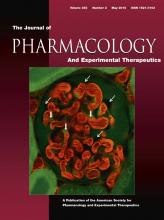Abstract
Chronic obstructive pulmonary disease (COPD) is one of the most common respiratory diseases and a major cause of morbidity and mortality worldwide. Disturbed innate immune processes characterize the pathogenesis of COPD. Vitamin D deficiency is very common in COPD patients and has been associated with disease severity. Interestingly, mechanistic evidence from animal and in vitro studies has demonstrated important innate immunomodulatory functions of vitamin D, including anti-inflammatory, antioxidative, and antimicrobial functions. This review discusses in detail how the innate immunomodulatory functions of vitamin D may have therapeutic potential in COPD patients. The remaining challenges associated with vitamin D therapy in COPD patients are also discussed.
Footnotes
- Received January 19, 2015.
- Accepted March 6, 2015.
This work was supported by AstraZeneca chair and Fonds voor Wetenschappelijk Onderzoek (FWO) Vlaanderen [G.0B11.13]. W.J. is senior clinical investigator of FWO Vlaanderen.
- Copyright © 2015 by The American Society for Pharmacology and Experimental Therapeutics
JPET articles become freely available 12 months after publication, and remain freely available for 5 years.Non-open access articles that fall outside this five year window are available only to institutional subscribers and current ASPET members, or through the article purchase feature at the bottom of the page.
|






